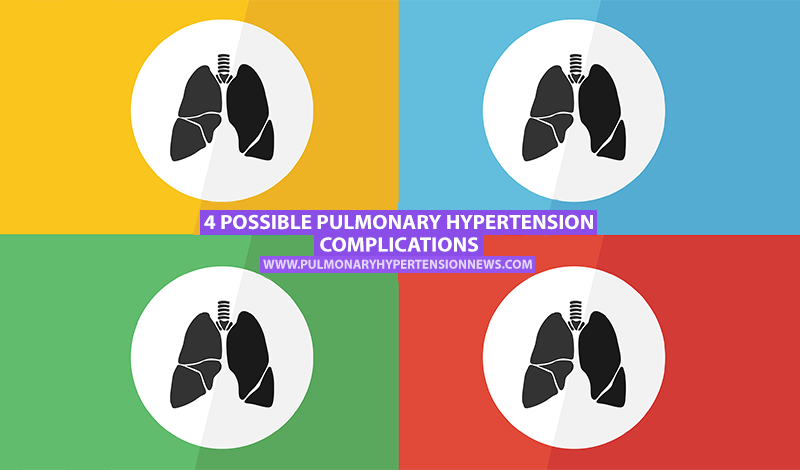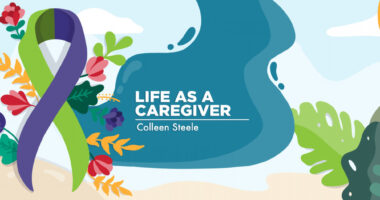4 Possible Pulmonary Hypertension Complications

Pulmonary hypertension (PH) is a chronic lung disease that occurs when your pulmonary arteries become narrowed or blocked, causing increased blood pressure in the lungs and forcing the heart to work harder. It usually affects people ages 20 to 60, but children and older adults can develop PH, too. Women are twice as likely to get the disease.
Here are some complications of PH, according to the Mayo Clinic.
1. Right heart enlargement
The right side of the heart is especially vulnerable in pulmonary hypertension patients because it has to work harder in order to pump deoxygenated blood back to the lungs. The walls of the right heart thicken and expand (a condition called cor pulmonale), which can lead to heart failure.
MORE: Who is more at risk of developing pulmonary hypertension?
2. Blood clots
Generally, blood clotting is needed because it helps stem bleeding after an injury. However, occasionally clots can travel up to the lungs and become lodged. With pulmonary hypertension, chances for developing blood clots in the lungs is increased because the arteries are narrowed making blood flow difficult. In that case, the clot can be life-threatening.
3. Irregular heartbeats
Irregular heartbeats, or arrhythmias, can cause a pulmonary hypertension patient to feel dizzy or faint. Sometimes, they can be fatal.
4. Coughing up blood
Bleeding in the lungs, or hemoptysis, is another potentially fatal complication of PH.
MORE: Discover seven facts about pulmonary hypertension you may find interesting
Pulmonary Hypertension News is strictly a news and information website about the disease. It does not provide medical advice, diagnosis or treatment. This content is not intended to be a substitute for professional medical advice, diagnosis, or treatment. Always seek the advice of your physician or another qualified health provider with any questions you may have regarding a medical condition. Never disregard professional medical advice or delay in seeking it because of something you have read on this website.







